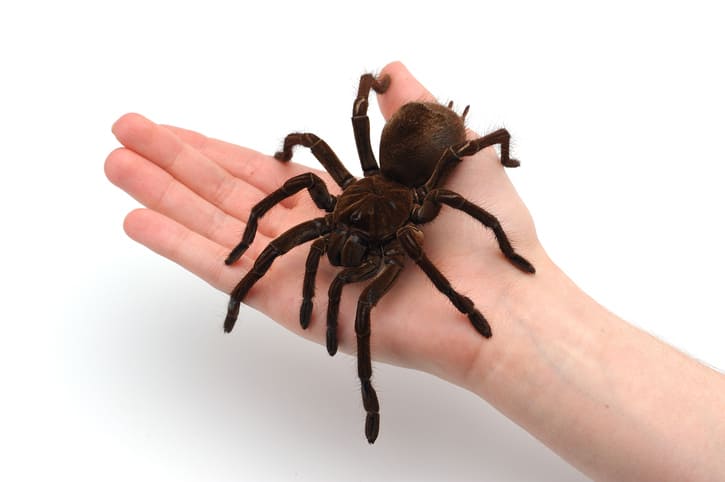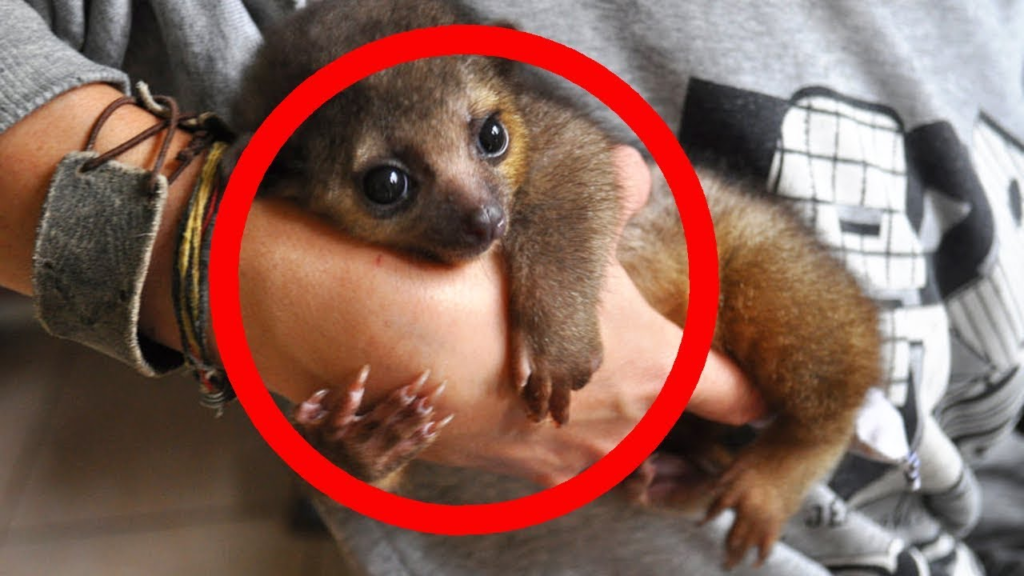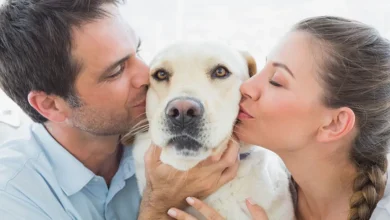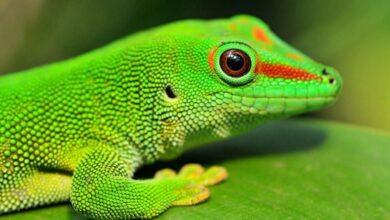The Dangers of Owning Exotic Pets and the Importance of Insurance Coverage

Owning an exotic animal is vastly different from having a traditional pet, like a domesticated dog or cat. Exotic pets often come with higher costs and greater risks. They require more maintenance and supervision than the average house cat or dog.
The documentary “Tiger King” has recently brought attention to the topic of exotic pet ownership. Given the inherent risks, obtaining proper insurance is essential. Since 1990, more than 1,000 incidents involving exotic pets have been reported.
Despite these risks and the high incident rate, statistics indicate that exotic pet ownership has significantly increased over the past decade, with about 13% of households now having exotic animals as pets.
How “Tiger King” Brought to Light Exotic Pet Ownership and Its Unique Risks

Netflix’s “Tiger King” has become widely popular and sparked public debate about keeping big cats in captivity. Many viewers were surprised to learn in the documentary’s first episode that more tigers live in captivity in the U.S. than in the wild. This revelation has led many to question how many exotic pets are privately owned and to consider the morality of keeping such animals in captivity.
Unfortunately, the definition of exotic animals varies by state. Some states classify exotic animals as dangerous wildlife, while others define them as animals found in the wild that are not domesticated. Animals considered exotic pets may include:
- Birds
- Reptiles
- Rabbits
- Horses
- Monkeys
- Foxes
- Pigs
- Tigers
- Lions
- Leopards
- Jaguars
- Cougars
- Cheetahs
- Bears
- Coyotes
- Wolves
- Chimpanzees
- Gorillas
- Baboons
With the popularity of “Tiger King,” attention has particularly focused on big cats. Is owning a big cat legal in your state? If you own or plan to own one of these animals, you should purchase exotic pet liability insurance, as this is a crucial element of responsible exotic pet ownership.
Laws Governing Exotic Pets
Exotic animal laws vary by state. Several states have comprehensive bans that prohibit the private ownership of certain animal species or allow them only under specific licenses.
These bans typically classify primates, wild cats, reptiles, and non-domesticated carnivores as dangerous animals.
The following states currently have comprehensive bans on owning an exotic animal:
- New Hampshire
- Vermont
- Massachusetts
- New York
- New Jersey
- Maryland
- South Carolina
- Georgia
- Kentucky
- Ohio
- Illinois
- Iowa
- Utah
- Colorado
- New Mexico
- California
- Oregon
- Washington
- Hawaii
Other states have implemented partial bans on the ownership of exotic pets, meaning certain species of animals are banned, but not all. These states include:
- Connecticut
- Virginia
- West Virginia
- Michigan
- Tennessee
- Florida
- Louisiana
- Arkansas
- Minnesota
- Nebraska
- Kansas
- Wyoming
- Alaska
Additionally, some states require individuals to obtain a license or permit to privately own an exotic animal, while a few states have no statutory or regulatory scheme regarding the private ownership of exotic animals.
What is Exotic Pet Insurance?
While traditional animal liability insurance typically covers cats and dogs, many families are now adopting other animals such as birds, guinea pigs, reptiles, ferrets, rabbits, and other exotic pets. Standard animal liability insurance may not cover these exotic animals, but exotic pet insurance does.

Animal liability insurance is third-party coverage, meaning it provides protection for others rather than for you or members of your household. For example, if your dog jumps on a passerby and the passerby falls and is injured, animal liability insurance can cover the injured person’s medical bills. Exotic pet liability insurance extends this coverage to exotic animals, rather than just traditional pets like dogs.
What Is Covered in Exotic Animal Insurance?
Many exotic animals have unique requirements, including additional maintenance for their shelter, particular care needs, and special personality characteristics. Given these circumstances, even well-behaved exotic animals tend to pose a greater risk to the general public. If your exotic pet causes or is involved in an accident, exotic animal liability insurance can provide the coverage you need to resolve the situation successfully.
What Are the Benefits of Having Animal Liability Insurance for Exotic Pets?
Without exotic pet liability insurance, you may leave your assets exposed in the event of a lawsuit. Insurance policies are becoming increasingly exclusionary, even restricting coverage to certain dog breeds. Some policies completely exclude animal liability coverage. For exotic animal owners, this means your homeowners’ insurance policy likely does not cover your exotic pets.
Fortunately, exotic animal liability insurance can provide the coverage you need. Your assets can be protected if an incident involving your exotic pet results in property damage or bodily injury to a third party. This coverage gives you peace of mind, allowing you to enjoy your time with your exotic pet without worrying about accidents.
Types of Exotic Pets Covered

Will your exotic pet be covered by exotic pet liability insurance? Coverage depends on your policy and insurance provider. Animals that may be covered include:
- Big cats
- Birds
- Chinchillas
- Gerbils
- Guinea pigs
- Hamsters
- Ferrets
- Rabbits
- Mice
- Rats
- Amphibians
- Chameleons
- Geckos
- Iguanas
- Other lizards
- Turtles
- Tortoises
- Sugar gliders
- Snakes
- Hedgehogs
- Potbellied pigs
- Goats
- Horses
- Monkeys
- Foxes
- Wolves
- And more
Dogs and house cats are not covered under exotic pet liability insurance, as they are covered under standard animal liability insurance policies.
Exotic Pet Liability Insurance FAQs
1. Does Exotic Pet Liability Insurance Cover Injuries to Me or Damage to My Property?
An exotic animal insurance policy can provide coverage for damage to a third party’s property or bodily injury of a third party. However, it won’t cover injuries to you or members of your household, nor damage to property that you rent or own.
2. Will My Pet Be Dropped From Coverage Due to Age?
The right insurance provider won’t drop your pet from coverage as it ages. As long as you avoid a lapse or expiration of coverage, your pet should remain covered regardless of age.
3. Can I Cancel My Animal Liability Insurance Policy Before the Term Expires?
Yes, you can cancel your exotic animal liability insurance policy at any time. You will need to contact your insurance provider to cancel your policy, which may need to be done in writing. If you cancel before the term is up, you may receive a refund for your unused premium.
4. What Kind of Risks Do Big Cats Pose?
The popularity of “Tiger King” has increased interest in big cats as exotic pets. While many sources highlight the dangers of keeping exotic animals in captivity, the statistics of recorded incidents are nuanced.
From 1990 to 2014, there were around 260 severe or fatal exotic cat attacks. Tigers were the most common species involved, followed by cougars and lions. Most of these attacks occurred in zoos, with the second-largest demographic being private pet owners. Although exotic cats can pose a safety risk, similar risks are present with domesticated dogs. According to the Centers for Disease Control and Prevention, almost one in five dog bites requires medical attention.
The bottom line is that both domestic and exotic pets can present a risk for accidents. Due to the unique characteristics of big cats and other exotic animals, exotic animal liability insurance can provide added peace of mind.



